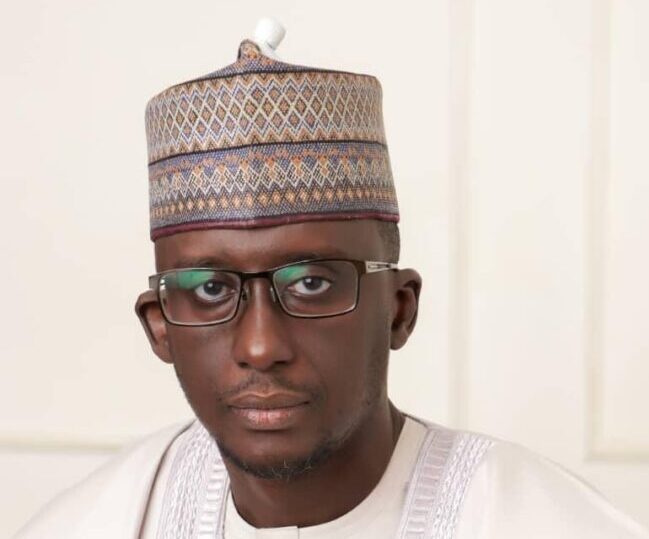As farmers prepare to return to the arm for the 2025 wet season farming, the National Agriculture Development Fund (NADF) and the AGCOMS International Trading Limited have signed a procurement contract to supply 2000 John Deere tractors to Nigerian farmers.
The contractor, which is expected to gulp about $70 million, will also include setting up of an assembling plant, training of local technicians and product support.
The Executive Secretary of NADF, Mohammed Ibrahim said NADF has been mandated to implement one of the four mechanization programmes of the Federal Government of Nigeria.
He explained that there are various mechanization programmes, and the NADF is implementing one, which is the John Deere 2000 tractors, which includes ridges, harrowers, combined harvesters and other equipment.
“We got the conveyance of the Federal Executive Council (FEC) in October, and we have taken 3 months to go on very robust and intensive negotiations with John Deere; we have also had a stakeholders’ engagement.
“The John Deere tractors hopefully would be delivered before the wet season. We have also entered into a Memorandum of Understanding with the Nigerian Ports Authority (NPA) which would hopefully provide the AGCOMS with a space within the port where they will set up their assembling plant and have these tractors delivered to the various parts of the country as will be contained in the implementation programme”, he said.
The NADF has been mandated through a Presidential directive to spearhead the deployment of 10,000 John Deere tractors across Nigeria, with an initial rollout of 2,000 units scheduled for Q1/Q2 2025 and scaling up to 10,000 over the next 5 years.
ALSO READ: Nigeria’s inflation rate may drop to 27% by December — Report
The Country Director of AGCOMS International Trading Limited, Chijioke Okoli, while interacting with journalists, explained that the meeting was a procurement agreement, which is not just to bring tractors, dump and walk away.
He said that they would not just procure and assemble the tractors, but they would involve some youth who would be trained on how the tractor is assembled and operated, which is part of the sustainability plan for the project.
“First and foremost, there are a whole lot of events that are attached to the procurement. We will not just help in the assembling of these 2000 tractors, but we will also allow our youth to understand the technology behind what we are trying to assemble.
“Because bringing any equipment you want, whether you like it or not, until you have a plan for continuity in respect to product support, that whole aim is defeated.
“So, the assembling plant plays a very crucial role because the people that will go through the process will have the opportunity of having first-hand visibility on what it takes to put it together.
“The total procurement value is about $70 million and that is the value to get it done to the collection centres in Abuja and Lagos. It doesn’t end on procurement at that value; training is also part of it; product support is also key,, and based on what we just signed, we will be readily available to keep on supporting this unit.
“There are several strategies in place which were activated two years back when we made a plan to originally start this, that plan is to get a whole lot of our local technicians trained and certified so that whenever they see a John Deere tractor, they know that it is a tractor that they can be comfortable with to operate
Speaking at the event, the Minister of Agriculture and Food Security, Abubakar Kyari, highlighted the significance of the agreement, stating that “this is one of the four mechanized programmes under the administration of President Bola Ahmed Tinubu. We want to have a lot of yield and see an increase in our agricultural harvest.”
The Minister also emphasized the importance of mechanization in combating the challenges faced by Nigerian farmers, particularly the ageing farming population and the physical demands of traditional agricultural practices.
“With the mechanization policy, that will be an incentive and something that will attract the young and also women into agriculture,” Kyari added.
READ MORE FROM: NIGERIAN TRIBUNE
